Microsoft is looking to make a bigger splash in the education segment for both its hardware and search divisions, offering schools the ability to earn free Surface RT units in exchange for regular use of its Bing search platform.
Microsoft is already offering its Surface RT tablet device to educational institutions for just $199, but now the software giant is giving classrooms the opportunity to earn free units by using Bing. The firm announced on Wednesday a new Bing for Schools pilot program for more than 800,000 students in the Los Angeles Unified School District, Atlanta Public Schools, Fresno Unified School District, Detroit Country Day School, and a few other school districts.
With the new program, Microsoft will be providing an ad-free, privacy-enhanced Bing search experience for students and faculty. In this sense, the firm will be taking on Google, which dominates the Internet search industry in both market and mind share.
The Surface RT units come in as an incentive to get students using Microsoft's search option. Continual use of Bing generates credits for the Bing Rewards program. Microsoft pools the credits for each school, and when a school reaches 30,000 credits, Microsoft sends the institution a Surface RT unit with a capacitive Touch Cover attachment. The new Bing for Schools pilot program targets the L.A. Unified School District, where Apple recently secured a major deal to provide iPads to all students.
While the Surface units are only sent to schools, the rewards program is open to a wider audience, meaning that community members can put their own Bing Rewards credits toward a Surface RT unit for a particular school. Microsoft estimates that 60 regular Bing Reward users could hit 30,000 credits in about a month of use.
The move is just the latest in Microsoft's ongoing effort to generate interest in both the Surface platform and Bing. Bing is the second-most popular search engine in the United States, with about 18 percent market share. That is a far cry from the industry leader, Google, which holds two-thirds of U.S. Internet search.
The Surface RT device, though, has been far less successful than Microsoft's search efforts. Despite millions spent on marketing the device, the Surface RT is largely viewed as an unmitigated failure, due in part to the device's stuttering performance and consumer confusion over the Windows RT brand.
Windows RT was meant to give Microsoft a foothold in the segment of devices running on low-power ARM processors, but instead it split the Windows brand between the Modern UI-based Windows RT and Windows 8, which can run apps built for previous versions of Windows. Manufacturers have largely abandoned the Windows RT platform, and Windows 8 PC sales have underperformed since the OS' launch.
 Kevin Bostic
Kevin Bostic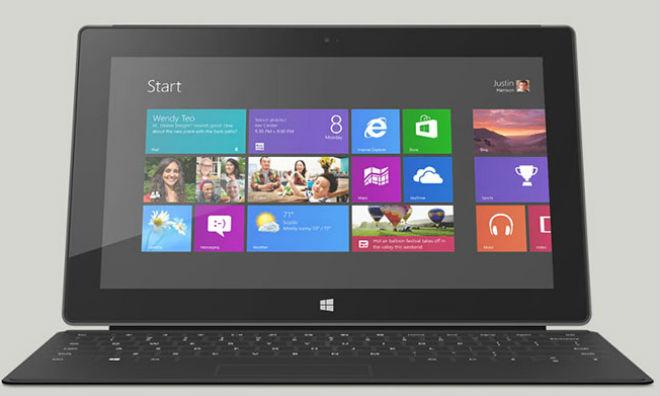







-m.jpg)






 Marko Zivkovic
Marko Zivkovic
 Wesley Hilliard
Wesley Hilliard
 Amber Neely
Amber Neely

 Malcolm Owen
Malcolm Owen
 William Gallagher
William Gallagher
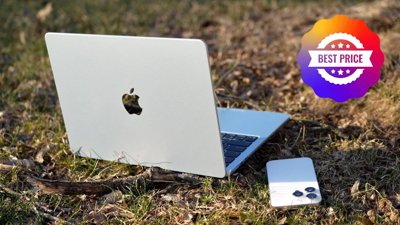
 Christine McKee
Christine McKee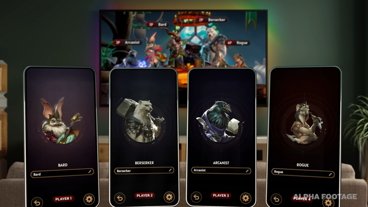
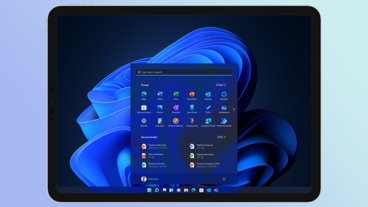
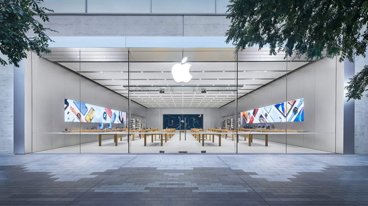


-m.jpg)



94 Comments
Giving them away to schools? Is that how they can get business in the educational market? And they think that's the way to get tablet marketshare? Oh God. Microsoft doesn't get it.
Hey I use Bing! Can I have a free Surface too?
Not that I want one, but free is about the only price I'd actually consider getting one at.
If you can't sell them you have to give them away!
Here's a list of top iPad accounts in the educational market. http://www.zdnet.com/blog/sap/chart-top-100-ipad-rollouts-by-enterprises-and-schools-updated-oct-16-2012/1274
Isn't our education system bad enough already?